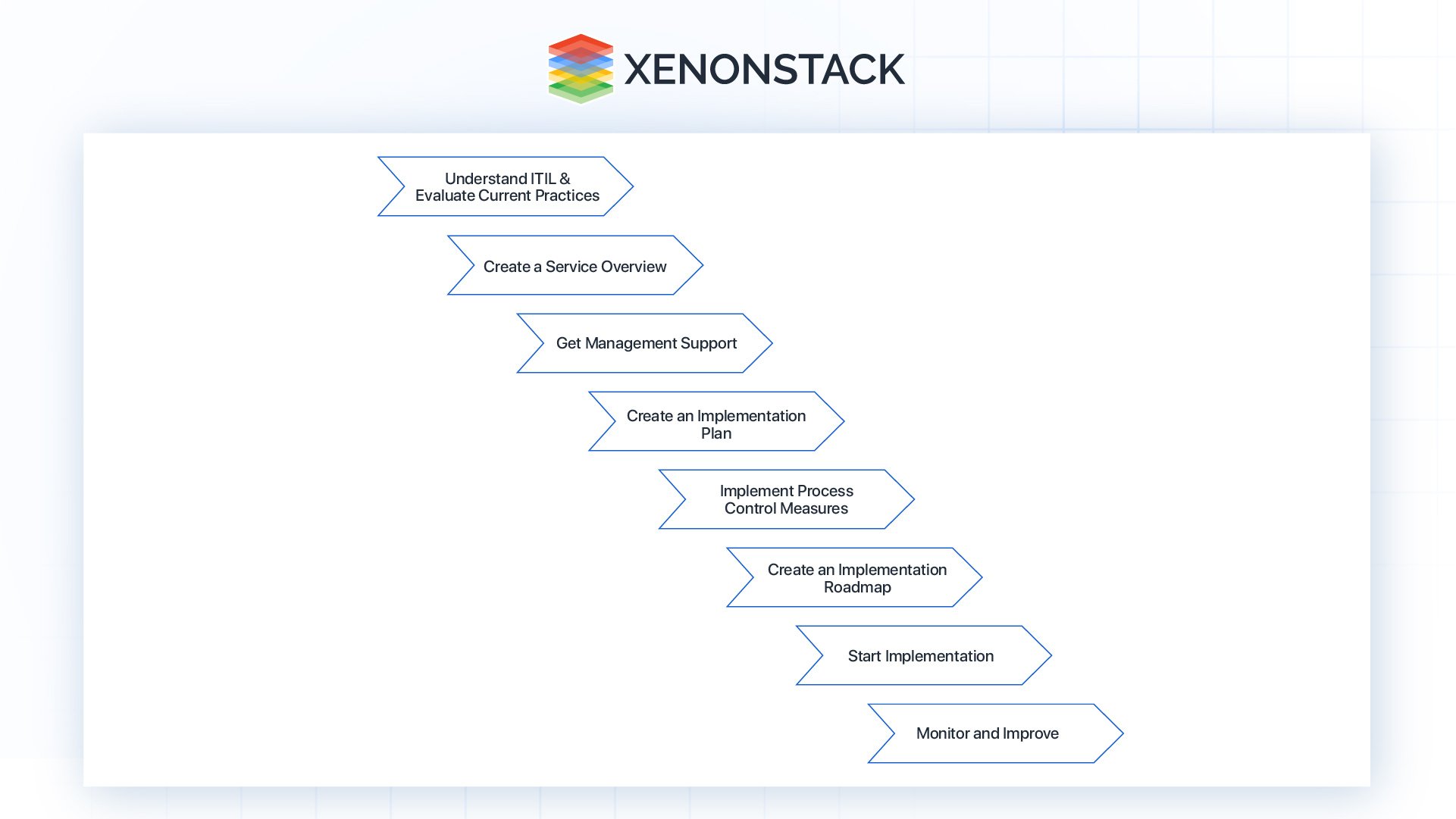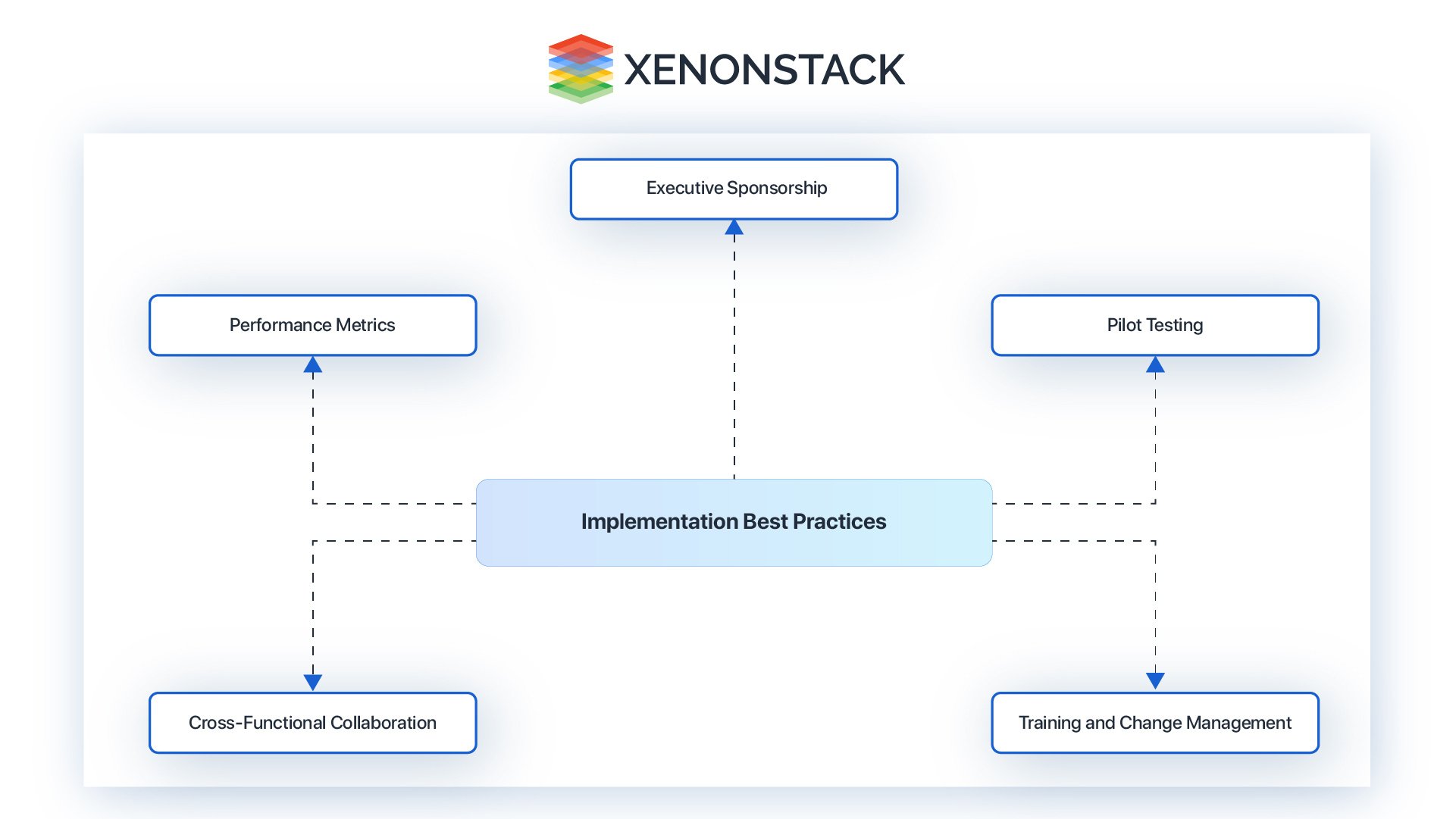In the rapidly changing world of IT "Service management (ITSM) involves the integration of Artificial Intelligence (AI)" has become a powerful force. Among the different AI-powered solutions, ServiceNow AI Agents is particularly noteworthy for its ability to streamline IT support processes and improve user experiences.
When used in conjunction with ITIL (Information Technology Infrastructure Library), a widely adopted framework for ITSM best practices, Now Assist not only improves operational efficiency but also ensures compliance with industry standards and meets customer expectations.
ServiceNow AI Agents represents an innovative AI-driven platform designed to revolutionize IT support. At its core, ServiceNow AI Agents leverages Natural Language Processing (NLP) and Machine Learning (ML) algorithms to provide instant responses to user queries and issues. This capability significantly reduces response times, minimizes human error, and optimizes resource allocation within IT departments. By automating routine tasks and providing intelligent insights. ServiceNow soltuions allows IT teams to focus on more complex and strategic initiatives.
The Fundamentals of ITIL in the Context of ServiceNow AI Agents
The IT Infrastructure Library (ITIL) makes this possible, providing a clear set of best practices for IT service management (ITSM)—delivering and managing IT services within an organization. ITIL contains procedures, tasks, processes, and checklists that are not necessarily specific to any specific company or technology, but are still widely applicable to organizational strategies, delivering value and maintaining competency in IT-relevant tasks.
The ITIL framework standardizes planning, delivery, and maintenance across the IT services lifecycle, aligning IT with customer and business needs.
How do ITIL best practices help in reducing IT downtime ?
The integration of ServiceNow AI Agents with ITIL represents a significant advancement in ITSM capabilities. By aligning AI support with ITIL best practices, organizations can achieve several key benefits:
-
Improved Service Desk Efficiency: ServiceNow AI Agents automates the resolution of routine incidents and service requests, freeing up service desk personnel to focus on more complex issues. This aligns with ITIL's focus on efficient service operation and incident management.
-
Enhanced User Experience: AI-driven capabilities such as intelligent self-service portals and virtual assistants improve user satisfaction by providing instant, personalized responses to queries. This supports ITIL's goal of delivering services that meet customer expectations.
-
Faster Incident Resolution: ServiceNow AI Agents's ability to analyze historical data and patterns enables quicker identification and resolution of incidents, adhering to ITIL's principles of minimizing downtime and disruptions.
-
Streamlined Change Management: AI algorithms can assess the impact of proposed changes and predict potential risks, facilitating smoother change management processes as per ITIL guidelines.
-
Continuous Improvement: By analyzing user interactions and feedback, ServiceNow AI Agents contributes valuable insights for continual service improvement initiatives outlined in ITIL CSI.
Implementing ITIL Processes with ServiceNow Agentic AI
Implementing ITIL (Information Technology Infrastructure Library) processes in your organization involves several structured steps to ensure effective IT service management. Here is a general approach based on the outlined steps: 
Figure: This figure illustrates the steps involved in the implementation of an ITIL process.
Step 1: Understand ITIL and Evaluate Current Practices
-
Familiarize Yourself with ITIL: Educate yourself and key stakeholders on the ITIL framework, its principles, and benefits.
-
Assess Current Practices: Evaluate existing IT service management practices to identify strengths, weaknesses, and areas for improvement.
-
Set Objectives: Define clear objectives for the ITIL implementation, aligning them with organizational goals and desired outcomes.
Step 2: Create a Service Overview
-
Define Services: Develop a comprehensive overview that identifies both business services and the IT services supporting them.
-
Align IT Services with Business Needs: Ensure IT services are closely aligned with business objectives to prioritize improvements effectively.
Step 3: Get Management Support
-
Gain Leadership Buy-In: Secure support from senior management to allocate resources and prioritize ITIL implementation.
-
Assign Responsibilities: Define roles and responsibilities for ITIL processes to ensure accountability and clear ownership.
Step 4: Perform Gap Analysis
- Assess Process Maturity: Conduct a gap analysis to benchmark current processes against ITIL best practices.
- Involve ITIL Experts: Seek input from experienced ITIL professionals or consultants to gain insights and recommendations for improvement.
Step 5: Create an Implementation Plan
- Develop Detailed Plan: Create a structured implementation plan for each ITIL process, detailing scope, timeline, and specific actions.
- Prioritise Processes: Sequence implementation based on impact and complexity, starting with foundational processes before advancing to more intricate ones.
Step 6: Implement Process Control Measures
- Establish Metrics: Define key performance indicators (KPIs) to measure process performance and effectiveness.
- Monitor and Report: Implement controls to monitor compliance with ITIL processes and regularly report on performance against established metrics.
Step 7: Create an Implementation Roadmap
-
Outline Steps: Please create a detailed plan outlining the different phases, milestones, dependencies, and resources needed for successful implementation..
-
Ensure Alignment: Align the roadmap with organizational strategies and ITIL principles to guide implementation efforts cohesively.
Step 8: Start Implementation
-
Initiate Small-Scale Pilots: Begin implementing ITIL processes in controlled, manageable phases or pilot projects.
-
Gradual Expansion: Scale implementation gradually across different IT service areas while ensuring each phase is thoroughly tested and adjusted, as necessary.
Step 9: Monitor and Improve
-
Continuous Assessment: Regularly monitor progress and assess the impact of implemented ITIL processes.
-
Seek Feedback: Encourage feedback from stakeholders, including staff and customers, to identify areas for improvement and adjust implementation strategies accordingly.
Best practices for integrating ServiceNow AI Agents with existing ITIL processes
For organizations looking to leverage ServiceNow AI Agents in alignment with ITIL best practices, several implementation best practices should be considered: 
Figure: Flow Diagram of Implementation Best Practices
-
Executive Sponsorship: Secure buy-in from senior management to support the integration effort and allocate necessary resources.
-
Cross-Functional Collaboration: Foster collaboration between IT teams, AI experts, and business stakeholders to ensure alignment with organizational goals and ITIL processes.
-
Pilot Testing: Conduct pilot tests to evaluate ServiceNow AI Agents's performance in real-world scenarios and fine-tune integration with existing ITIL workflows.
-
Training and Change Management: Provide comprehensive training for IT staff and end-users on using ServiceNow AI Agents effectively. Implement change management practices to mitigate resistance to AI adoption and ensure smooth transition.
-
Performance Metrics: Define key performance indicators (KPIs) to measure the impact of ServiceNow AI Agents on ITIL-aligned processes, such as incident resolution times, user satisfaction scores, and compliance with Service Level Agreements (SLAs).
Real-World Applications
To illustrate the effectiveness of integrating ServiceNow AI Agents with ITIL, consider the following case studies:
Future Trends and Considerations
Looking ahead, the synergy between ServiceNow AI Agents and ITIL is poised to drive further advancements in IT service management. Future trends may include:
The Impact of ServiceNow AI and Autonomous Agents on ITIL and ITSM
In conclusion, the integration of ServiceNow AI Agents with ITIL represents a paradigm shift in IT Service Management, combining the efficiency of AI with the rigor of established best practices. By automating routine tasks, enhancing user experiences, and facilitating continuous improvement, ServiceNow AI Agents enables organizations to achieve operational excellence and stay ahead in today's competitive landscape. As AI continues to evolve, its constructive collaboration with ITIL will pave the way for innovative solutions that drive business success while meeting the evolving demands of modern IT environments.
Explore more

.webp?width=1921&height=622&name=usecase-banner%20(1).webp)





